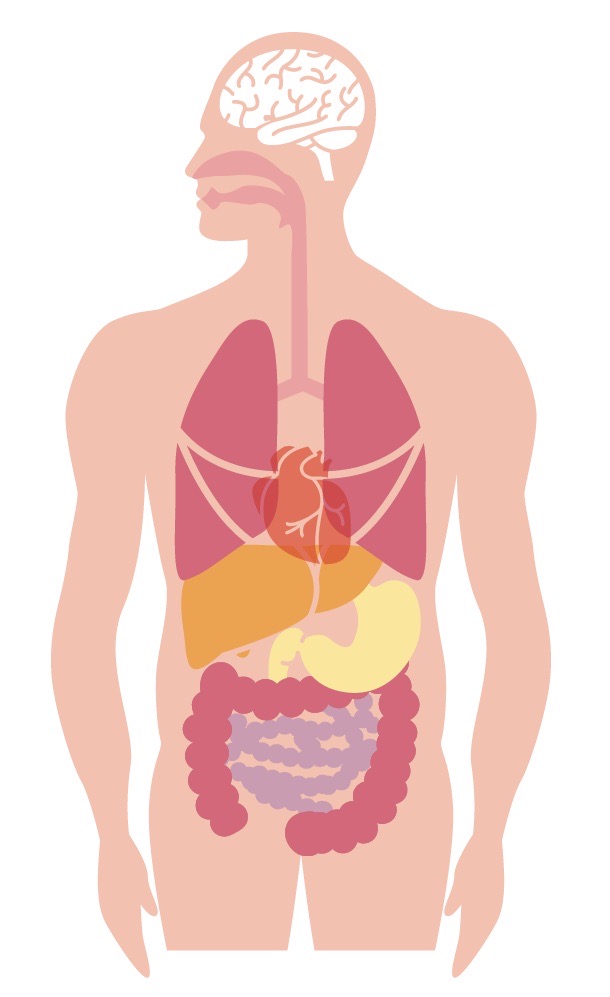
Poop transplants are getting a lot of attention and for good reason.
More than 90 per cent of the cells living within our bodies come from bacteria. That’s more than 100 trillion individual bacterial cells, and 150 times more genetic material than is in the human genome. These bacterial cells break down nutrients, release molecules through our intestines and constantly interact with their human host through millions of signaling molecules. Together, these bacteria are known as the “microbiome,” and have some impact on human health and disease. But what impact exactly?
History
Human history has a loosely documented record of using stool and its microbiome for medicinal purposes. Soldiers posted in Africa during World War II used fresh camel feces to cure bacterial dysentery and in the late 1950s, a group of physicians used stool from a healthy human donor to treat a patient with Clostridium difficile colitis, a potentially fatal bacterial infection of the intestines. This not only helped the patient to recover, but also prevented him from being re-infected with the bacteria. The practice has since been reproduced in large, mult i-centre clinical trials around the world and has been established as a definitive treatment for recurrent C. difficile colitis.
i-centre clinical trials around the world and has been established as a definitive treatment for recurrent C. difficile colitis.
Fecal Transplants
Knowing that stool transplants (formally known as “fecal microbial transplants”) can treat C. difficile colitis, researchers have been interested in the effects of transferring stool from healthy donors to patients with Crohn’s disease or ulcerative colitis. Early results have been mixed. Small studies in children with IBD from Seattle, Boston and Atlanta have shown that transfer of stool from healthy family members results in a 56–85 per cent rate of improvement.
Research
In the longest follow-up so far, 56 per cent of patients who underwent a single fecal microbial transplant continued to show improvements (i.e., decreased medication needs, improvement in inflammation or in overall symptoms) for nearly 2.5 years. Equally important, the rate of side effects was low, with just seven per cent of patients developing diarrhea requiring antibiotic treatment. One of the largest fecal microbial transplant studies was recently completed at McMaster University on adults with ulcerative colitis. The results were promising, with 39 per cent of transplant recipients showing improvements. There are still many questions to answers, but there is reason for excitement in the Crohn’s and colitis community.
Active research means potential new therapies are on the horizon. The Division of Pediatric Gastroenterology at McMaster Children’s Hospital is now studying the effects of fecal microbial transplants in children with ulcerative colitis. While fecal microbial transplantation may never become a conversation piece at a dinner party, a treatment that works and is safe is a newsworthy development.
What are all those bacteria doing in our intestines? We might never know for sure. But with continued research and clinical trials, we might soon find out.
To read more articles, visit the latest edition of our magazine, You, Me and IBD.
Contributor
This article was written by Dr. Nikhil Pai, MD, FRCPC, FAAP. Dr.Pai is an assistant professor in the Division of Pediatric Gastroenterology and Nutrition at McMaster Children’s Hospital. He leads the Clinical Nutrition Program, and works with McMasters, Kids Digestive Health Inflammatory Bowel Disease Clinic.

